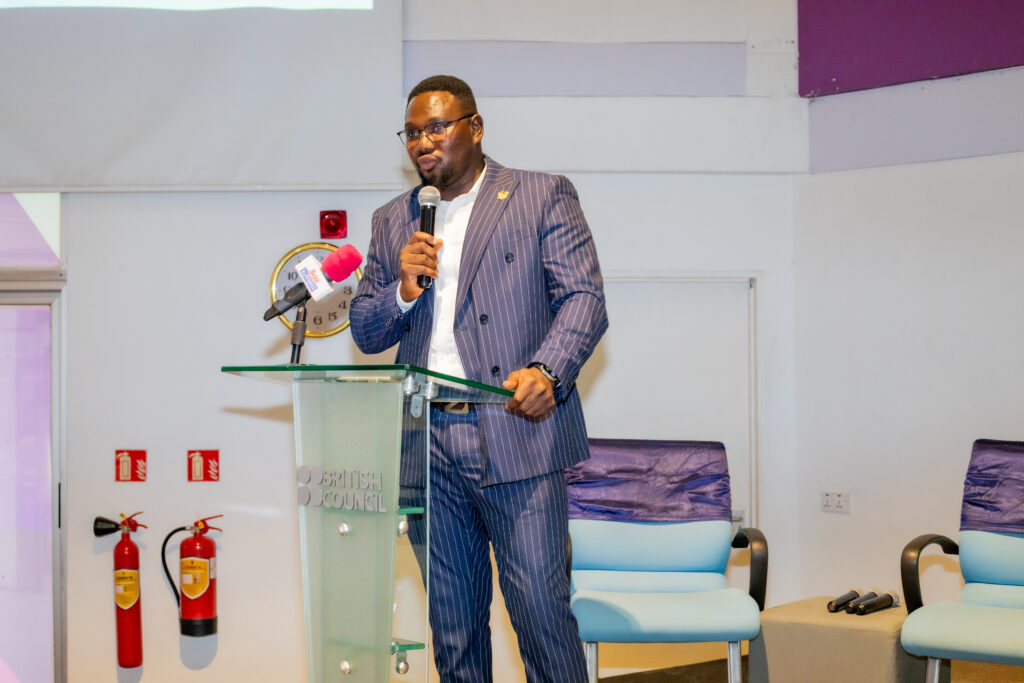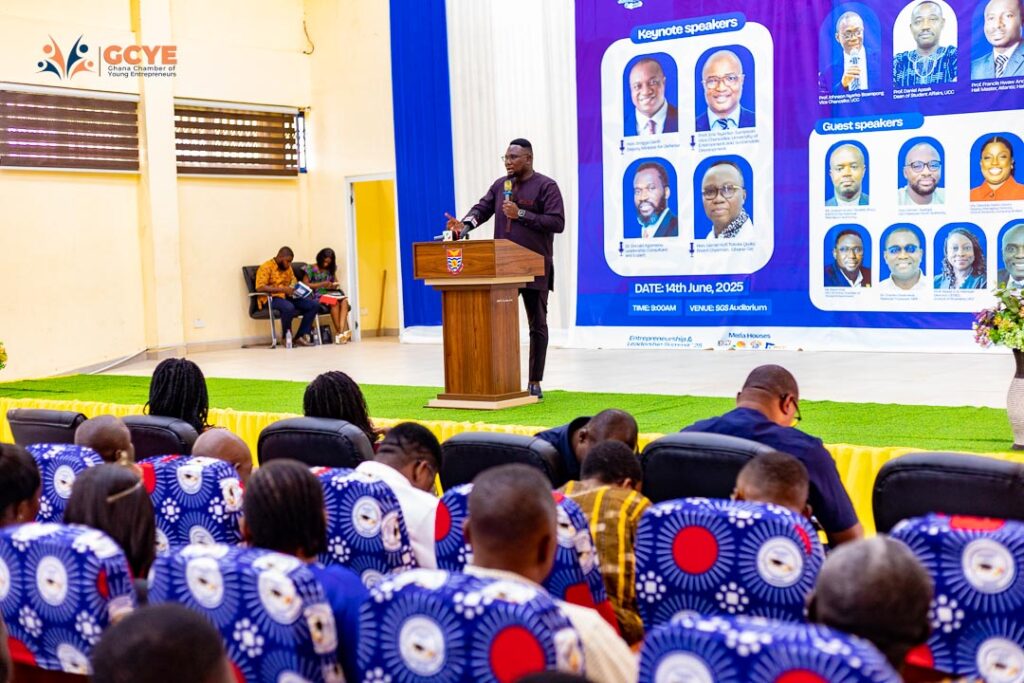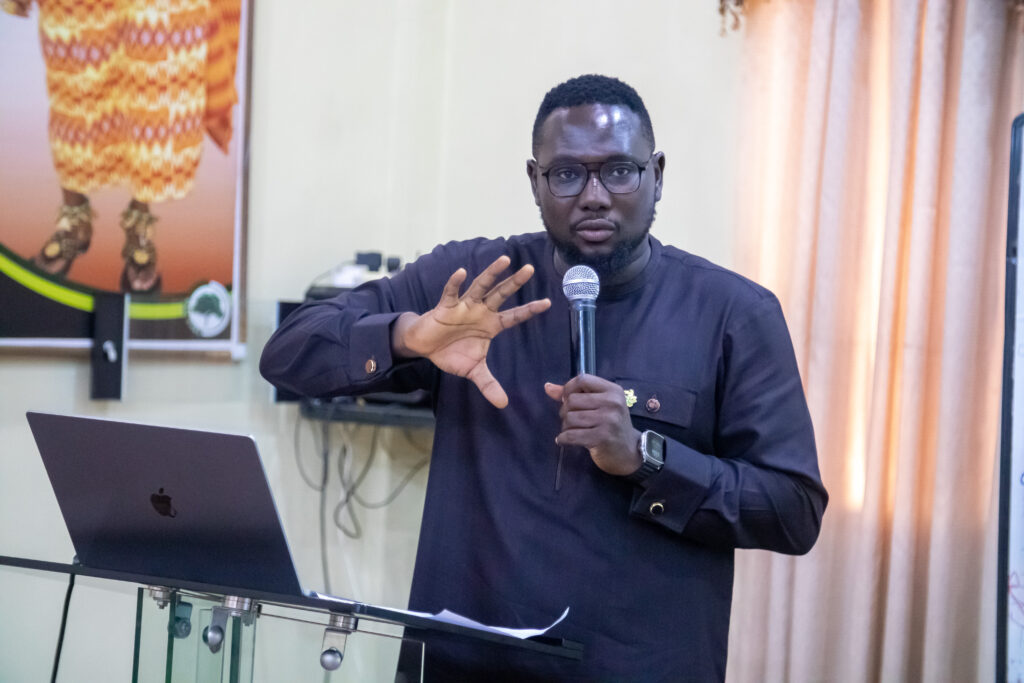Accra, Ghana – June 2025
Ghana has launched a new National Business Agenda (NBA) aimed at dismantling barriers to entrepreneurship for youth and women. The initiative, unveiled at a high-level event in Accra, represents a significant step toward inclusive economic reform, backed by broad collaboration across government, civil society, business associations, and international partners.
Developed by the Ghana Chamber of Young Entrepreneurs (GCYE) with technical support from the Investment Climate Reform (ICR) Facility, the NBA stems from extensive national consultations. It addresses long-standing structural challenges and proposes five key reform pillars: policy and regulation, access to finance, market access, infrastructure and digitalization, and enterprise support systems.
“This is not just a policy wish list,” said Sherif Ghali, CEO of GCYE. “It is a practical, evidence-based blueprint shaped by over 100 entrepreneurs and 60 ecosystem actors across the country.”
The NBA was formally launched by Margaret Magoo, CEO of the Ghana Enterprise Agency (GEA), who emphasized the agency’s commitment to inclusive enterprise development, especially in underserved communities. “This document is a tool for reform, inclusion, and accountability,” she said.
Key stakeholders at the launch included representatives from the European Union Delegation to Ghana, the Ministry of Finance, British Council, National Youth Authority (NYA), NEIP, MASLOC, AGI, and GNCCI—all of whom endorsed the agenda.
EU Delegation representative Malgorzata Pitura noted that the NBA aligns with the EU’s goal of inclusive growth in Ghana. British Council Country Director Nii Doodo praised the agenda as a model for collaborative reform, while NYA CEO Osman Ayariga highlighted its relevance to national youth development priorities.
NEIP’s Director of Policy and Research, Dr. Kaspa Kampoli, described the NBA as a tool for improving coordination and avoiding duplication across government programs.
Lead consultant Stephen Hunt, of Carsis Consulting, emphasized the agenda’s role as a monitoring framework to ensure implementation. Diego Borrero, Technical Lead at ICR Facility, credited the collaborative approach as key to its long-term success.
Contributions from the private sector were also pivotal. John Defor of AGI and Grace Dzeble of GNCCI—both part of the technical working group—voiced strong support for integrating the NBA into national enterprise strategies and promoting resilience among emerging businesses.
Public–Private Dialogue Mechanism Introduced
Central to the NBA is the creation of a new Public–Private Dialogue (PPD) platform. This structure will regularly convene state and non-state actors to review implementation progress, recommend policy adjustments, and ensure accountability.
Observers note that the platform could help overcome common implementation gaps in West African policy reforms.
Tackling Structural Imbalances
With more than 50% of Ghanaians under 25 and women significantly underrepresented in formal entrepreneurship, the NBA is being hailed as a timely response to Ghana’s economic inclusion challenges.
“If Ghana is truly committed to transformation, youth and women must be at the core of our economic strategy,” said Ghali. “The NBA gives us the tools and roadmap to do just that.”
Reports Now Available to the Public
The full National Business Agenda and the underlying Gap Analysis Report have been published for public access to encourage transparency and broader engagement.
📘 Access the documents at: www.gcyegh.org/NBA-Resources





